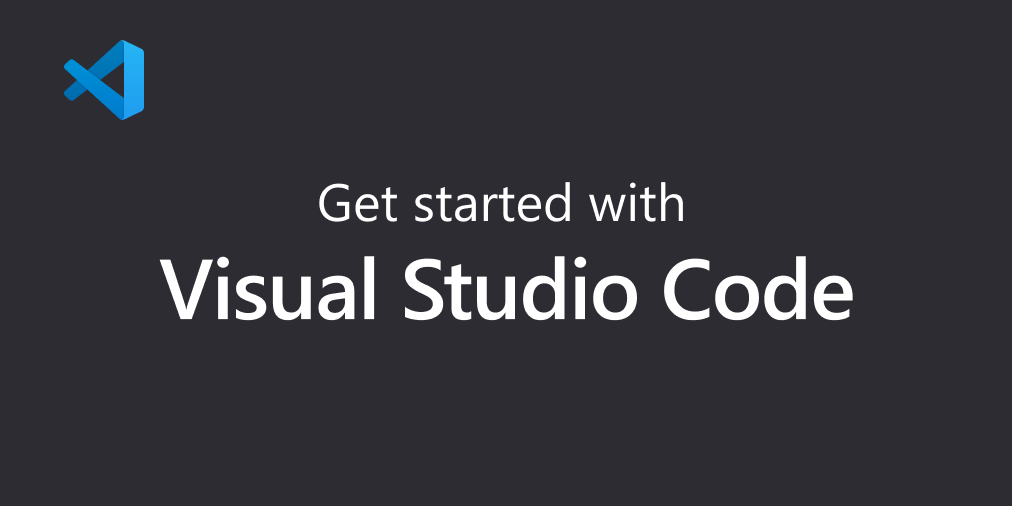If you expect Freebsd to continue to mature, be developed and the userbase to expand, it must not be exclusive.
Both are already installed by default.
The choice of "which is default" is up to the user, by setting EDITOR in their shell init scripts.
Why is ee any easier than vi? Simply because one of the e's stands for "easy"? If I already have vi command memory muscled, ee is not easy to me.
Is it that difficult for a user to set up their shell init scripts to have their preference?
Or if one is using a desktop environment to set the preferences to their editor of choice?
Or if you want to use ee from a command line, you need to type in ee instead of vi?
Or should vi be a symlink to ee?
grahamperrin yes, but the questions I remember relate to system setup; you are advocating for a choice in the default editor for all users, which frankly is suprising to me.
This thread is a prime example that on anything, people have preferences and alot of this thread sounds like "the system default XYZ should be MY preferred XYZ, so that I don't have to do anything special to set the default to my preference."
Which basically says "the other 50% that preferred the current default XYZ should be forced to do extra work now instead of me".
Again, I really don't care what text editor you prefer to you, both vi and ee are installed in the default installation, if you want to set your personal choice, set it in your shell environment variables just like everyone else does.

